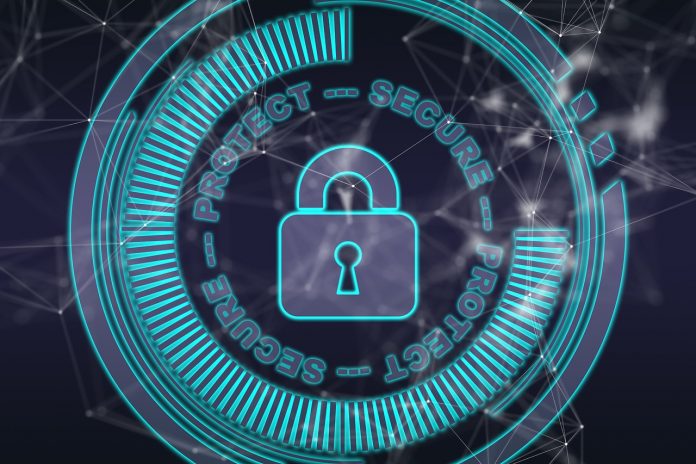Did you know that 70 percent of people globally work remotely at least once a week? The same study from Switzerland-based services provider Zug also noted that 53 percent work remotely for at least half of the week. More than 36 percent of the American workforce is made up of freelancers, per Upwork and Freelancers Union’s recent study. Plus, about 50 percent of small businesses are home-based, as reported by the U.S. Small Business Administration. The SBA also estimated that the majority of the workforce will move toward remote working or freelancing within the next decade.
That’s a LOT of people working from laptops in coffee shops, desktops in their home offices or anywhere else besides traditional offices. That means there are a lot of people who put their data at risk every day if they are not adhering to secure data protocols. Those who are not affiliated with a corporation are especially vulnerable because they are not protected by specific data management or IT security policies that companies often put in place.
In other words, remote workers – especially unaffiliated, home-based businesses – need to take it upon themselves to make sure their data practices are secure. Everyone knows that the essential toolkit to stay safe online consists of antivirus and VPN. If you are new to these kinds of things, it is better for you to rely on prominent resources such as FindReviews or TopTenReviews before making a choice.
1. Beware of open and public Wi-Fi networks.
You may not be aware that every time you connect to a public Wi-Fi network or hotspot, you are automatically opening much of your personal data to public access. Public networks are known to be ripe areas for malicious hackers to roam, scanning for devices to access and steal information or to install malware that can later infect your online accounts and your other devices.
The good news is that people who often work in public locations, such as airports, coffee shops or coworking spaces, can take steps to protect their data. If you are accessing your home or office computers remotely, it’s important to use a virtual private network (VPN), which creates an encrypted tunnel for the traffic flowing to and from your computer. The encryption makes it practically impossible for an outside actor to get in and access what you’re working on or anything else on your device. It’s also a good practice to use a personal hotspot, either through a mobile phone or mobile hotspot device, versus getting onto a network that you can’t verify. It may mean springing for that unlimited data plan or adding yet another device to your collection, but it is well worth it to create a secure connection for any devices you are using for work purposes.
2. Be cautious when using the same device for personal and business needs.
Many who work from home are inclined to use the same device for personal matters after they sign off of work for the night. This is completely okay to do, as long as you take the proper precautions.
Make sure, at the very least, that you have a malware protection software installed to monitor activity and keep out unwanted intruders. And host your data – whether it is personal or business-related – on a secure platform that will keep your files encrypted. Look for a platform that includes security timeouts if the device is left inactive too long and allows you to wipe data remotely if your device were to be lost or compromised. So when you jet off on your vacation with the device, all your important data can be kept under lock and key.
3. Establish personal data policies and practices.
If you aren’t working for a corporation with specific IT security policies, the best way to keep your data safe is to establish standard practices for yourself, such as using multi-factor authentication (MFA) for all sign-ins, varying passwords for each platform or website, using a screen privacy filter or even saving the most sensitive work for when you’re at home. Set up processes that work for you and won’t get in the way of your daily productivity because, after all, you still need to get work done.
The big picture of an effective cybersecurity plan is: Use common sense while online. Don’t open strange emails. If a website seems unsafe, don’t stay on it. If you are shopping or accessing online financial sites, double-check the site name and make sure it is using an HTTPS session (look for https:// before the web-address). Always work in a way that keeps your data safe from anyone with bad intentions. Remote working doesn’t have to be a big deal or a big risk, as long as you make data security a priority.
Find a Home-Based Business to Start-Up >>> Hundreds of Business Listings.

















































